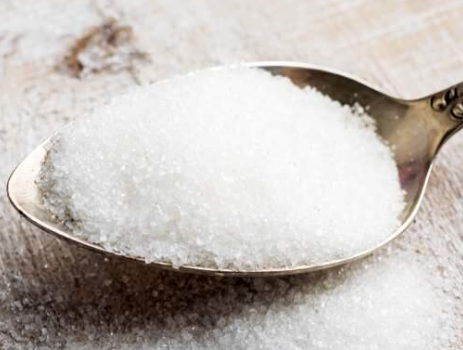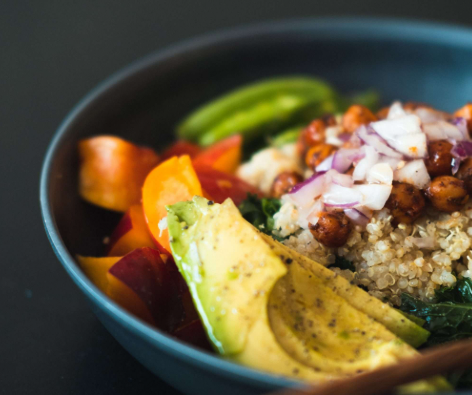
Our craving for sweetness is innate, forming part of our biological makeup. It’s one of the five basic tastes we experience as babies, but as we age, the negative effects of consuming too much sugar become more apparent. The rise in obesity rates, type 2 diabetes, and tooth decay has led to an increased interest in alternatives to sugar. Many artificial sweeteners have been developed, often sweeter than sugar yet with fewer or equal calories. But with so many options available, how do we know which sweeteners are truly healthy, and how do they compare to sugar?
What Are Sugars?
Sugar, specifically sucrose, is a disaccharide made from sugar cane or beetroot. It provides no nutritional value—no vitamins, minerals, or bioactive compounds—and consuming too much can lead to a variety of health problems, including tooth decay, obesity, diabetes, and even certain cancers. Health guidelines suggest that we limit our intake of sugar to no more than 10% of our total daily calories.
What Is a Sweetener?
Sweeteners, also known as sugar substitutes, are compounds that provide sweetness without the same amount of calories as traditional sugar. Some sweeteners are naturally occurring (like honey or stevia), while others are synthetic (like aspartame or sucralose). They can also provide benefits such as not contributing to tooth decay, which is a common issue with regular sugar consumption.
Different Types of Sweeteners
Here are some of the most common sweeteners and their characteristics:
- Xylitol
Naturally found in fruits, vegetables, and mushrooms, xylitol is often used in sugar-free gum and dental products due to its low glycemic index (GI of 8). While it is similar in sweetness to sugar, consuming it in large amounts can lead to gastrointestinal issues like bloating or diarrhea. It’s heat-stable, so it’s suitable for baking, but it should not be consumed by pets, especially dogs, as it is toxic to them. - Stevia
Stevia is derived from the leaves of the Stevia plant and is known for being extremely sweet—around 300 times sweeter than sugar. It has zero calories and doesn’t impact blood sugar levels, making it an ideal choice for diabetics. Besides its sweetening properties, stevia offers some health benefits, including antiviral and antioxidant effects. It’s heat-resistant and can be used in cooking or baking. The recommended daily intake is about 4 mg per kg of body weight. - Erythritol
Erythritol occurs naturally in fruits and vegetables and is also found in fermented foods. It has a very low calorie count (0.2-0.4 kcal per gram) and does not cause spikes in blood sugar. It is mostly excreted through urine and can even help lower blood pressure. However, large quantities can cause digestive discomfort, such as bloating or diarrhea. The recommended daily intake is up to 30 grams.
Sweeteners and Health Considerations
Many sweeteners are recommended for those with diabetes because they do not raise blood sugar levels. However, it’s important to remember that moderation is key. The human microbiome, which plays a significant role in digestion and overall health, is still not fully understood. Some studies have raised concerns about how certain sweeteners, such as saccharin, sucralose, and aspartame, might influence the balance of gut bacteria, potentially making some bacteria more harmful. These changes could impact the gut’s health, so it’s best to consult with a healthcare provider before increasing sweetener intake.
Conclusion
As the prevalence of obesity and metabolic diseases continues to rise, reducing sugar consumption and turning to sugar substitutes has become more popular. While many sweeteners are considered safe, there are still ongoing debates about their impact on glucose metabolism and gut health. The key takeaway is that moderation is crucial. Excessive use of sweeteners can lead to gastrointestinal issues, so it’s important to be mindful of your intake. Ultimately, choosing the right sweetener depends on your individual health goals, but it’s clear that relying on natural options like stevia and erythritol can be a healthier choice compared to traditional sugar.










